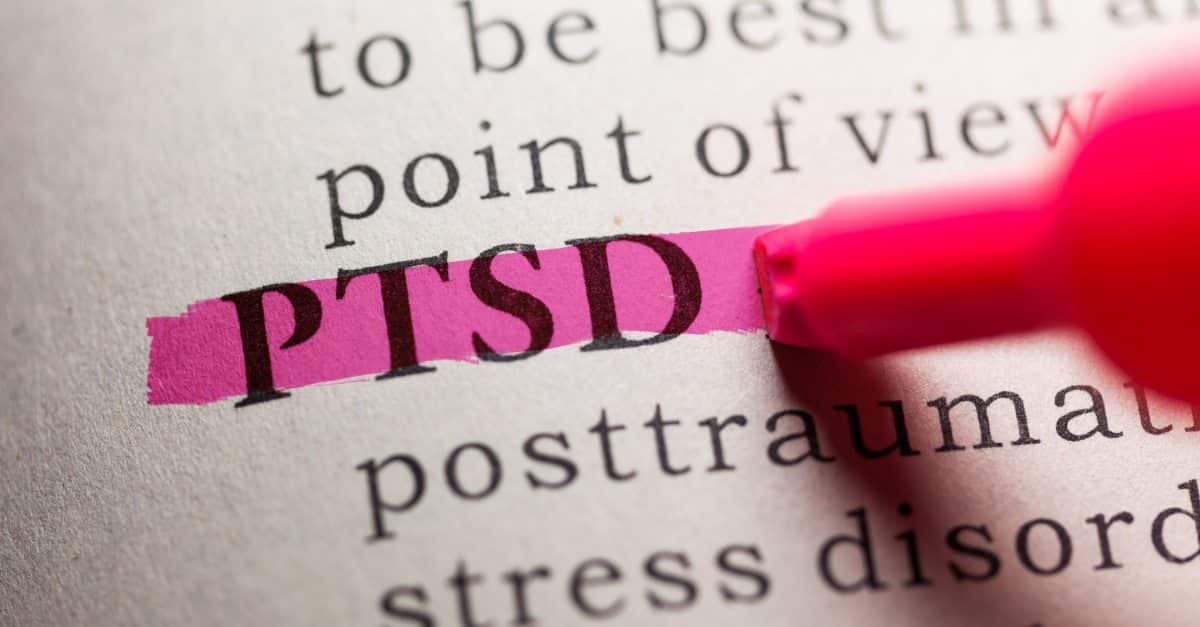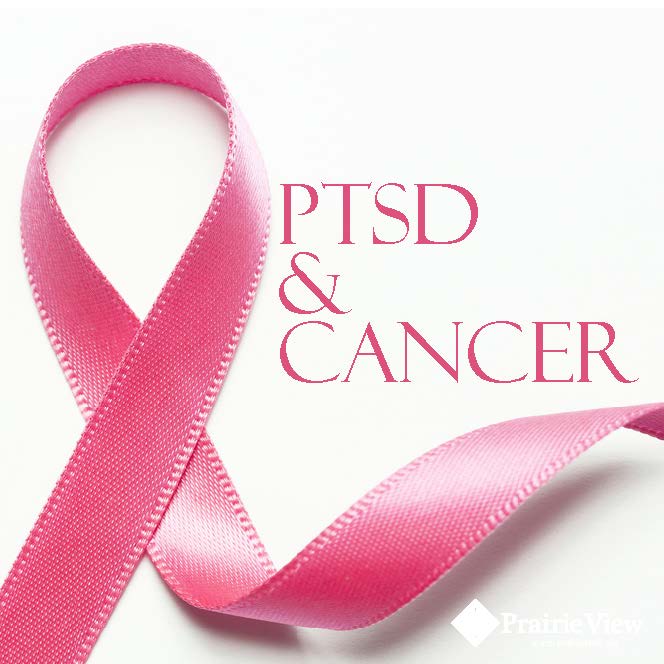PTSD In the Aftermath of Cancer Diagnosis- Latest News
1 in 5 cancer patients experienced PTSD after their diagnosis, says Malaysian study.
Researchers from the National University of Malaysia examined 469 cancer patients at various checkpoints after diagnosis: within one month, six months later and four years afterward.
They discovered that about 22 percent of cancer patients were likely to suffer from PTSD at the six-month follow-up. By the four-year mark, PTSD rates declined, but didn’t disappear: About one-third of patients that were initially diagnosed with PTSD were still suffering from the mental health disorder — and some had even worse symptoms.
PTSD is commonly associated with traumatic and high-level stress events such as being involved in a car crash, violent crimes, natural disasters or chronic abuse. These symptoms include physical pain, tension, recurring thoughts and feelings and avoiding places and situations that remind them of the triggering event.

“Many cancer patients believe they need to adopt a ‘warrior mentality’, and remain positive and optimistic from diagnosis through treatment to stand a better chance of beating their cancer,” said the study’s lead author Caryn Mei Hsien Chan in a statement
. “To these patients, seeking help for the emotional issues they face is akin to admitting weakness.”At the four-year mark, 10 of 245 patients, or 4.1%, had full PTSD and another 5 patients had several serious symptoms. Combined, this translates into serious PTSD symptoms affecting about 6% of patients. Among the 27 people with PTSD after six months, 6 had full-blown PTSD after four years and another 2 had serious symptoms. Results for breast cancer patients in the study suggest that counseling may help avert or ease the severity of PTSD.
At six months, compared with other cancer patients, people with breast cancer were more than three times less likely to have developed PTSD. In this early postoperative period, breast cancer patients were most likely receiving counseling to help them cope with their diagnosis and treatment.
There wasn’t a meaningful difference between breast cancer patients and people with other types of malignancies after four years however.
There are some indications that interventions like cognitive behavioral therapy can help cancer patients deal with the stress of the disease, and various drugs targeting stress hormones may also provide some relief. Indeed, among breast cancer patients, who received special care and therapy at the hospital the study was conducted at, rates of PTSD were over three times lower. That’s promising, though, as a 2016 review study of PTSD care for cancer patients found, much of the hard evidence for the benefits of therapy so far is slim and further study is needed.
While it’s encouraging that most patients in the study with PTSD six months after diagnosis no longer had it after four years, doctors and patients should still be aware that its symptoms might last that long for some people, said Dr. Alexander Kutikov of Fox Chase Cancer Center in Philadelphia.
“Studies such as this underscore that involvement of a mental health professional who can appropriately evaluate and help manage psychological and psychiatric responses to a cancer diagnosis is an important part of multidisciplinary cancer care,” Kutikov, who wasn’t involved in the study.































